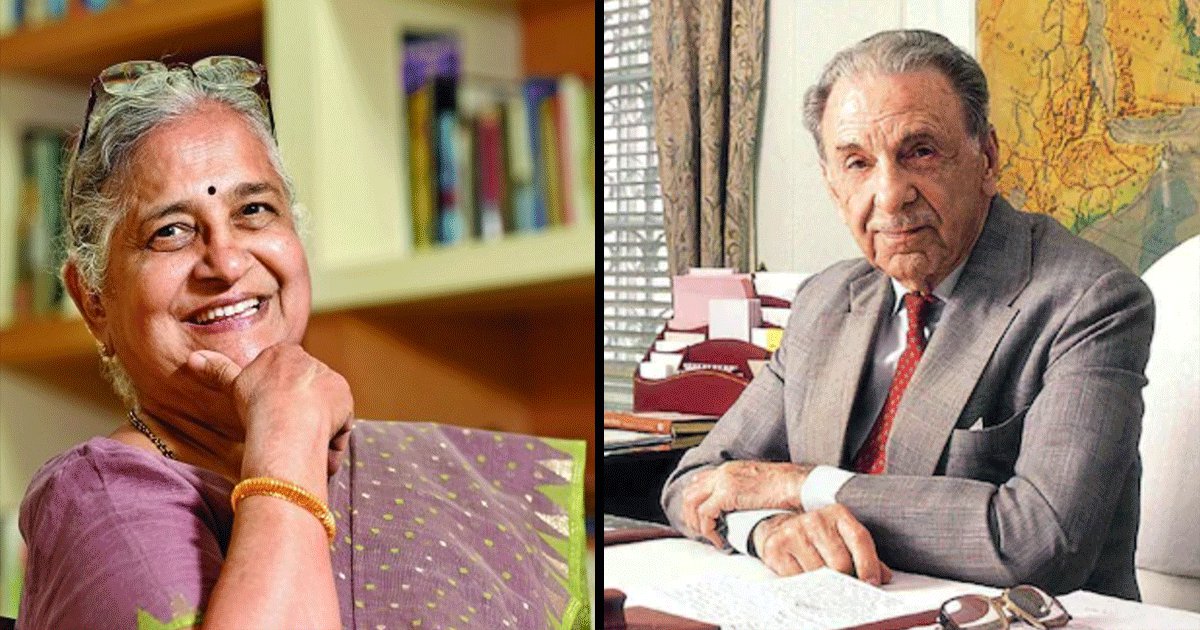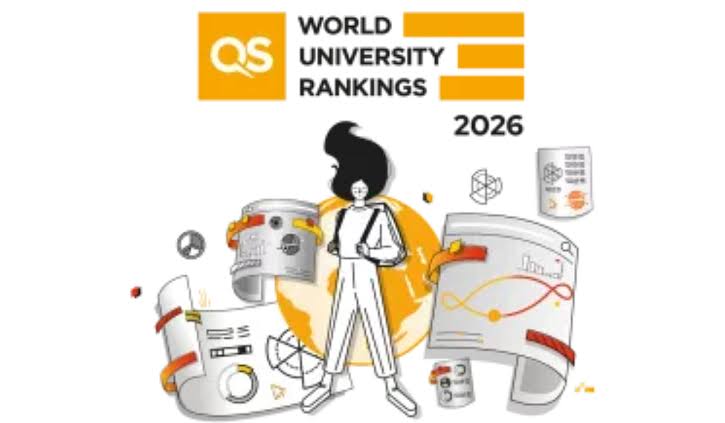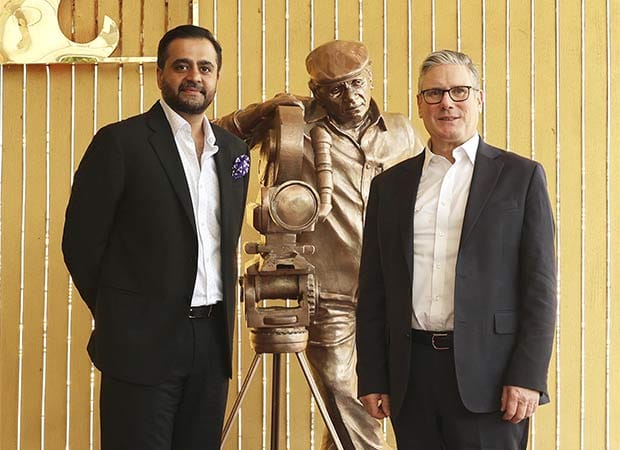In an era when gender bias was deeply entrenched in corporate hiring practices, a young engineering student named Sudha Murthy dared to challenge the status quo—with nothing more than a postcard and a bold sense of justice. Her now-legendary letter to JRD Tata, the then-chairman of the Tata Group, not only earned her a job interview but also sparked a quiet revolution in how women were perceived in India’s industrial workforce.
This story, which unfolded in April 1974, continues to resonate today as a powerful example of courage, conviction, and the transformative impact of speaking truth to power.
The Postcard That Started It All
Sudha Murthy was pursuing her master’s degree in computer science at the Indian Institute of Science (IISc) in Bengaluru when she came across a job advertisement from TELCO (now Tata Motors) on the institute’s notice board. The ad sought “young, bright, hardworking engineers”—but ended with a jarring line: “Lady candidates need not apply.”
Though she wasn’t actively seeking a job, the blatant discrimination struck a nerve. Fueled by indignation and a deep respect for the Tata legacy, Murthy penned a postcard directly to JRD Tata, expressing her disappointment:
“The great Tatas have always been pioneers… But I am surprised how a company such as Telco is discriminating on the basis of gender.”
She mailed the postcard without knowing whether it would even reach the right person. But it did—and it made waves.
The Response That Changed Her Life
Just ten days later, Murthy received a telegram inviting her to TELCO’s Pune facility for an interview. The company offered to cover all her travel expenses. When she arrived, whispers followed her: “This is the girl who wrote to JRD.”
Though the chairman of TELCO at the time was Sumant Moolgaokar, Murthy’s letter had reached the top. Her interviewers were candid: the company had never employed women on the shop floor. They suggested she pursue research instead.
Murthy, unfazed, replied:
“But you must start somewhere, otherwise how will you ever break the cycle?”
Her academic brilliance and assertiveness impressed the panel. She was hired—and became the first female engineer to work on the shop floor at TELCO.
A Ripple Effect Across Generations
Sudha Murthy’s act of defiance didn’t just earn her a job—it opened doors for countless women in engineering and manufacturing. Her story became a beacon for gender equality in Indian industry, proving that one voice can challenge institutional bias and spark systemic change.
She went on to have a distinguished career at TELCO from 1974 to 1982, before becoming a celebrated author, philanthropist, and chairperson of the Infosys Foundation. Her legacy continues to inspire young professionals, especially women, to stand up against discrimination and pursue excellence.
The Tata Group’s Enduring Legacy
The Tata Group, known for its ethical business practices and progressive values, responded to Murthy’s challenge with humility and action. Her story is now part of Tata’s official heritage, a testament to the company’s willingness to evolve and listen.
In a tribute published by the Tata Group, Murthy reflected on her journey:
“I was young and bright, bold and idealistic… I did not know what helplessness or injustice meant. That postcard changed my life.”
Her photographs of JRD Tata and Jamsetji Tata still hang in her office—a daily reminder of gratitude, courage, and the power of conviction.
Sources: Times Now News, Tata Group, FORHER







